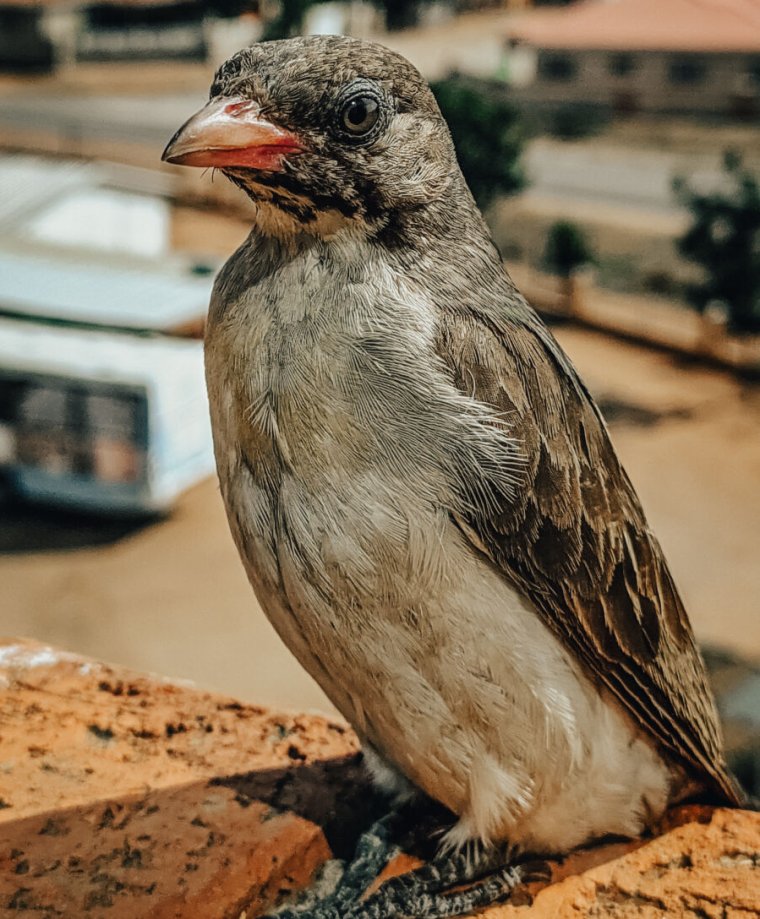Enlarge / A greater honeyguide (credit: Keabetswe Maposa)
With all the technological advances humans have made, it may seem like we’ve lost touch with nature—but not all of us have. People in some parts of Africa use a guide more effective than any GPS system when it comes to finding beeswax and honey. This is not a gizmo, but a bird.
The Greater Honeyguide (highly appropriate name), Indicator indicator (even more appropriate scientific name), knows where all the beehives are because it eats beeswax. The Hadza people of Tanzania and Yao people of Mozambique realized this long ago. Hadza and Yao honey hunters have formed a unique relationship with this bird species by making distinct calls, and the honeyguide reciprocates with its own calls, leading them to a hive.
Because the Hadza and Yao calls differ, zoologist Claire Spottiswoode of the University of Cambridge and anthropologist Brian Wood of UCLA wanted to find out if the birds respond generically to human calls, or are attuned to their local humans. They found that the birds are much more likely to respond to a local call, meaning that they have learned to recognize that call.
Read 11 remaining paragraphs | Comments

